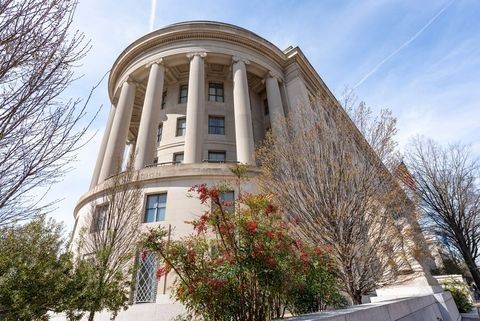New FCA Guidance on COVID-19 Business Interruption Claims
Client Alert | 3 min read | 04.15.20
The UK’s Financial Conduct Authority (FCA) has today provided guidance to insurers on its expectations with respect to insurers’ conduct in relation to business interruption (BI) insurance. The FCA noted that, based on its conversations with the industry to date, most policies have basic cover, do not cover pandemics, and therefore would have no obligation to pay out in relation to the COVID-19 pandemic. In contrast, under policies where it is clear an insurer has an obligation to pay, the insurer must assess and pay valid Covid-19 claims without delay or face scrutiny from the industry watchdog.1
The FCA’s guidance notes that a key objective of the FCA is to ensure that financial pressures on policyholders are not exacerbated by slow payment. If there are reasonable grounds to pay part of a claim, the guidance states that the FCA would like insurers “to adopt an approach of making an interim payment.” Further, if an insurer disagrees with doing so, it must communicate its grounds for making that decision directly to the FCA, including details of how its decision “represents a fair outcome for customers.” Today’s guidance follows the FCA’s announcement on 19 March 2020 setting out its expectations for insurance firms following the Covid-19 pandemic.2
Today’s announcement also imposes increased obligations for insurance companies to communicate with their customers regarding the nature of the policy they have in place. The FCA stressed that “clear, accurate and timely communication is crucial” and that the FCA is collecting information from insurers to assess how they are interpreting policies. Further, the FCA guidance expressed specific concern for losses suffered by small businesses, noting that the Financial Ombudsman Service may offer the prospect for faster decisions on disputed claims below certain thresholds, and further that the FCA is establishing a new small business unit which will gather intelligence about the treatment of small businesses by insurers and ensure a coordinated response by the FCA to any issues identified.
The key points to take away from the FCA’s guidance therefore are:
- where more extensive business interruption cover has been obtained, insurers should assess and settle claims quickly;
- if a claim cannot be settled in full, quickly, an interim payment in respect of any uncontested aspect should be made;
- where it is clear there is a covered claim and an interim payment will not be made, the insurer must notify the FCA of the reason for its determination and explain how the insurer’s decision is fair to the insured;
- where an insured does not have cover extending to the losses incurred, the insurer should promptly and clearly communicate this to the insured; and
- SME policyholders (those with annual turnover below £6.5m, with less than 50 members of staff or an annual balance sheet of less than £5m) may be able to refer any refused claims to the Financial Ombudsman for independent determination.
Following on from this guidance then, if it is apparent that a policy will cover losses triggered by the pandemic, claims should be dealt with promptly and fairly. Insurers will need to ascertain quickly whether the losses claimed can be established and, if so, whether the correct procedures for notification of claims, provision of evidence, and co-operation with the insurers have been met. In handling all claims, the FCA stressed, insurers must consider very carefully the needs of their customers and show flexibility in treatment of them.
A note of caution:
One word of caution to insurers: It has been reported that a group of brokers and loss adjusters are considering legal action challenging some of the UK’s largest insurance companies’ restrictive interpretation of policy coverage and therefore sufficient care should be given when determining the scope of coverage in place.
Contacts
Insights
Client Alert | 6 min read | 11.13.25
FTC and NAD Enforcement Priorities & ANA 2025
The Federal Trade Commission (FTC) and National Advertising Division (NAD) of BBB National Programs laid out their enforcement priorities during the 2025 ANA Masters of Advertising Law Conference, at which Crowell & Moring attorneys spoke on and attended various panels.
Client Alert | 3 min read | 11.12.25
EPA Proposes Important Revisions to its PFAS Reporting Regulations
Client Alert | 3 min read | 11.06.25
Client Alert | 2 min read | 11.06.25
Key Takeaways to the State Attorneys General - Election Day 2025




